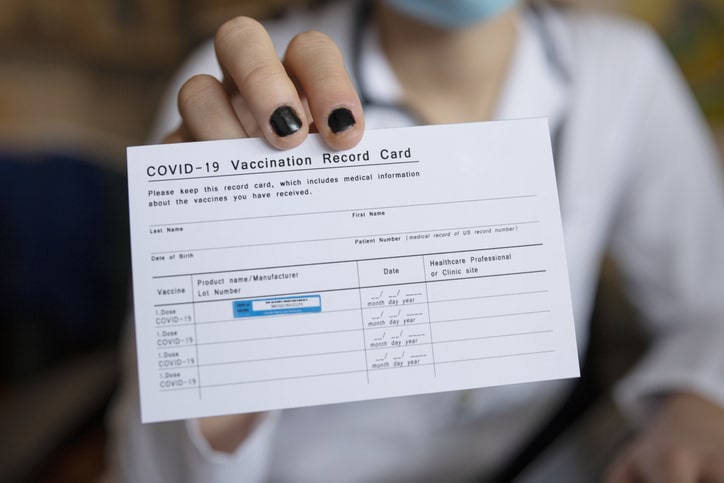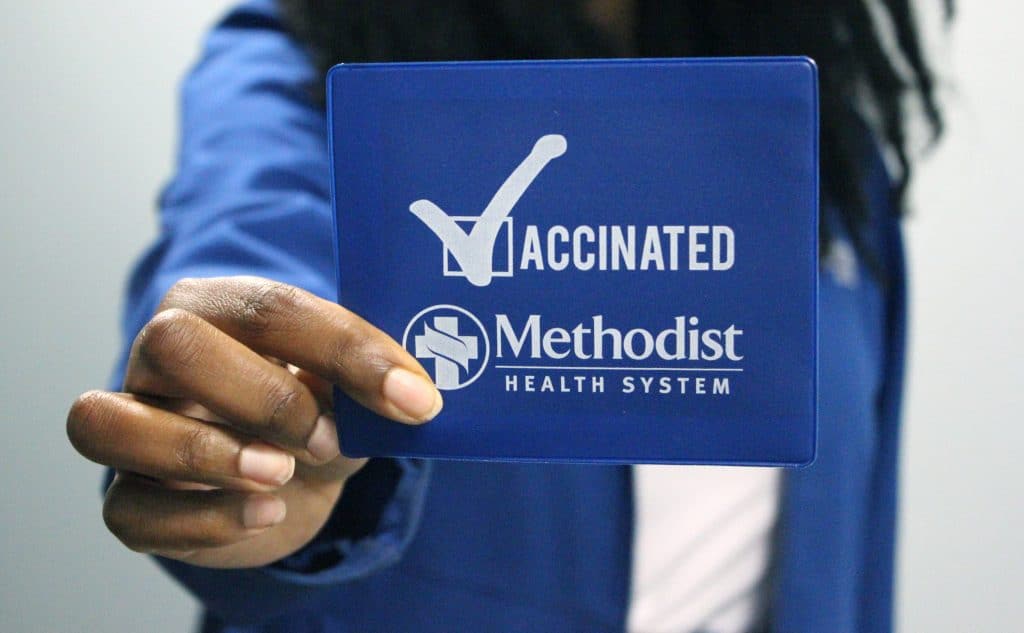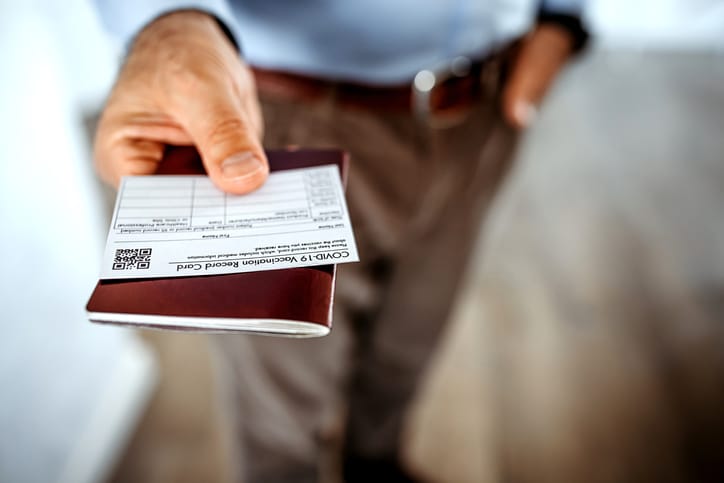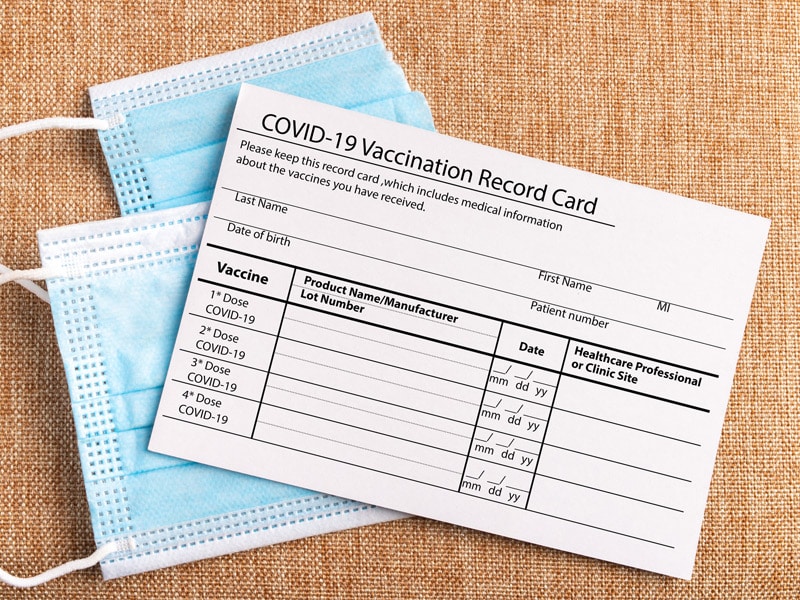Imagine the headache if you lost your passport or Social Security card. If you’ve received a vaccine for COVID-19, you just received another invaluable document you need to safeguard.
COVID-19 vaccine record cards — those index card-sized documents distributed at vaccine clinics nationwide — are just like any other form of personal ID and should be protected as such.
What’s more, they could become as essential as passports for international travel. Some U.S. sports venues already require proof of vaccination before allowing entry into stadiums and in-person attendance.
If the vaccines symbolize our ability to return to normal life, it stands to reason we should protect our immunization records.
“This is an important issue,” says Jon Albrecht, RPh, MHA, BCNSP, FASHP, Vice President and Chief Pharmacy Officer of Methodist Health System. “There have been numerous reports of fake vaccine cards. This has resulted in some businesses, such as cruise lines, asking for double verification — meaning your vaccine card plus authenticated report.”

AN ELECTRONIC RECORD
Everyone who receives the COVID-19 vaccine is issued a document that includes name, birthdate, date of vaccination, and the vaccine brand. But what you may not realize is an electronic record is also created once you’re immunized.
If you got your shots from a healthcare provider that uses Epic Systems, a software program that stores patients’ medical information, you can find the information by logging into Epic’s patient portal, MyChart.
“If you don’t already have access to MyChart, then you will need to contact your provider to get access,” Albrecht says. “If your provider doesn’t have Epic, there is another option.”
All healthcare providers in Texas are required to enter every vaccinated individual into the state’s immunization registry, a database known as ImmTrac2.
“Individuals don’t have access to the ImmTrac2 system, only registered medical providers,” Albrecht explains. “Individuals would have to go to their primary care physician or vaccine provider to get printed copies of their immunization records.”

A plastic sleeve can keep your vaccine record safe and sound, but still ready to be updated if boosters are necessary.
PROTECTING YOUR INFORMATION
You might have heard recommendations to laminate your COVID-19 vaccine card to better protect it from wear and tear. But Albrecht recommends against it and points to the blank spaces marked “other” on the card.
“Those empty slots are there for a reason, in the event we have to have booster doses,” Albrecht says. “If you laminate the card, it is going to be hard to add the booster doses to it.”
Scientists are still studying whether booster shots will be needed to combat the coronavirus variants emerging around the world, he says, but it is a possibility.
If you already laminated your card, he adds, don’t fret. You can go back to the provider that originally administered your vaccine and request a replacement. Your provider can also replace a lost or stolen card.
Instead of lamination, Albrecht recommends getting a protective sleeve — like those given out at Methodist Dallas’ vaccine clinic — to slip over your card.
“Treat it just like a passport,” he advises. “Most people don’t carry around their passport everywhere they go. Keep it in a safe place.”


